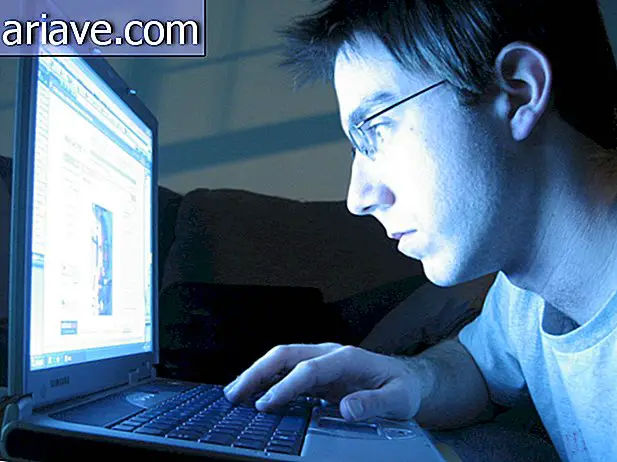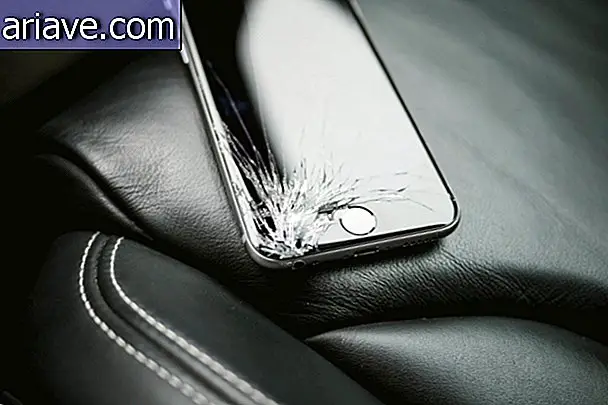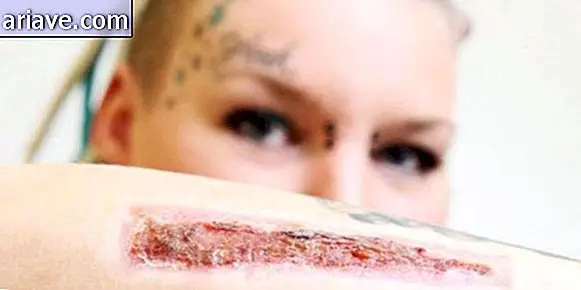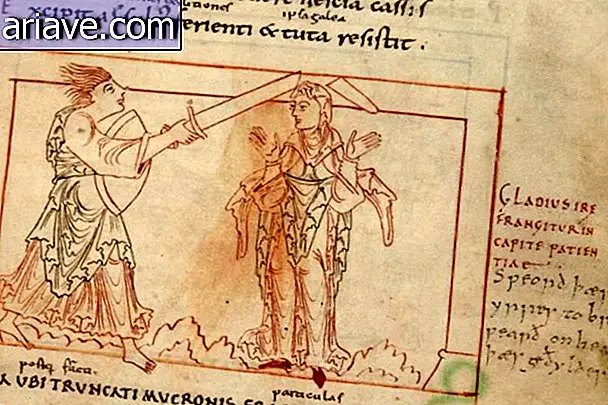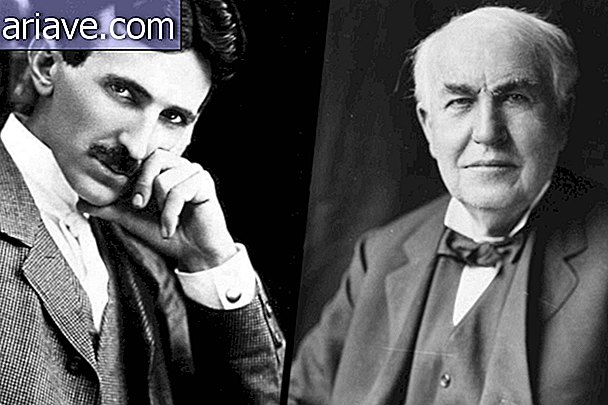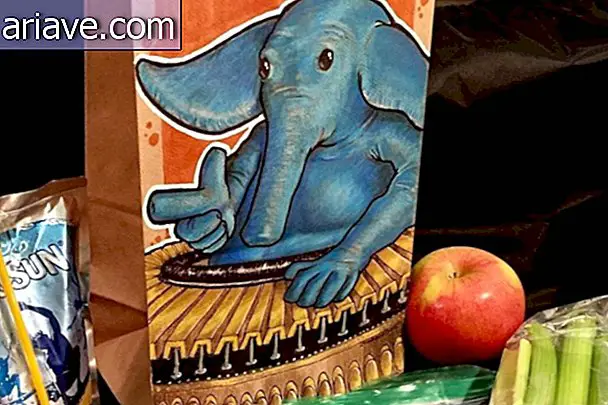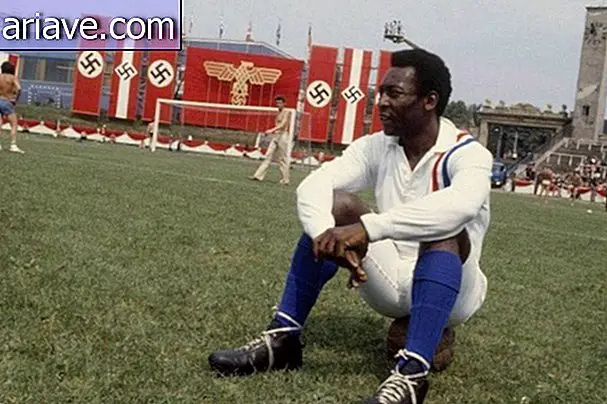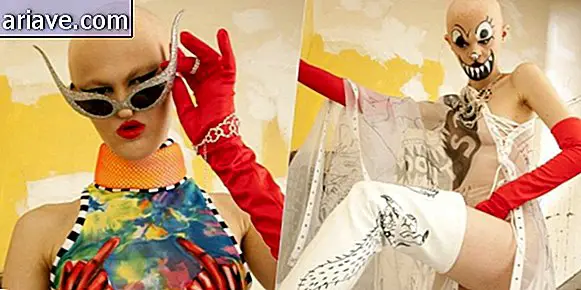The story of the woman who ran a menstruating, unabsorbed marathon
Menstruation, no matter how absolutely natural, is still a controversial topic: in some parts of the world, cultural interpretations of the menstrual cycle are frightening; In the sports world, it is also a taboo that harms many female athletes.
Those who live in prisons do not have access to tampons, as revealed by the book “Prisoners Who Menstrue” by journalist Nana Queiroz. In the book, she reports cases such as inmates who use bread crumbs to contain the bleeding - the same problem is also part of the lives of homeless people around the world.
To draw attention to the topic, 26-year-old Harvard-trained musician Kiran Gandhi decided to take part in an edition of the London Marathon, which took place in April this year without wearing a pad, even though she was menstruating. The initiative, of course, opened the door for a major debate around the world.

“I got my period last night and it was a total disaster, but I didn't want to clean it up. It would be very uncomfortable to worry about a tampon for 42 kilometers, ”she wrote of the incident. "If there is a way to transcend oppression, that way is to run a marathon in the direction you want, " he added.
Kiran says his attitude was a way to combat sexism and talk about the stigma that is menstruation. “I ran with blood running down my legs on behalf of sisters who have no access to tampons and sisters who, despite the cramps and pain, hide it and pretend it doesn't exist. I ran to say that it exists and that we get over it every day. The marathon was radical and absurd and bloody in ways I couldn't imagine until race day. ”

Now Kiran's story is being commented across the globe by countless netizens sharing opinions. Some believe that the runner's attitude was exemplary and courageous, but, as always, some have also criticized, disapproving the manifestation.
On the other hand, Kiran believes that not talking about menstruation is a form of oppression, hidden between the lines of those who, in the middle of 2015, still insist on using expressions like "in those days", so the importance of breaking these barriers. What is your opinion on this manifesto?
